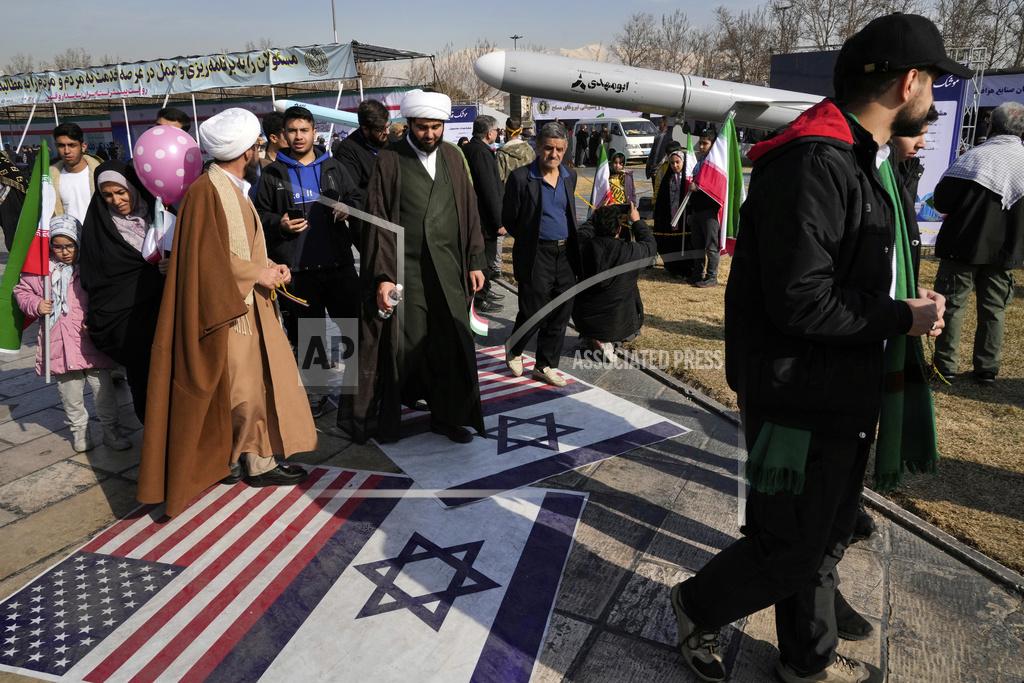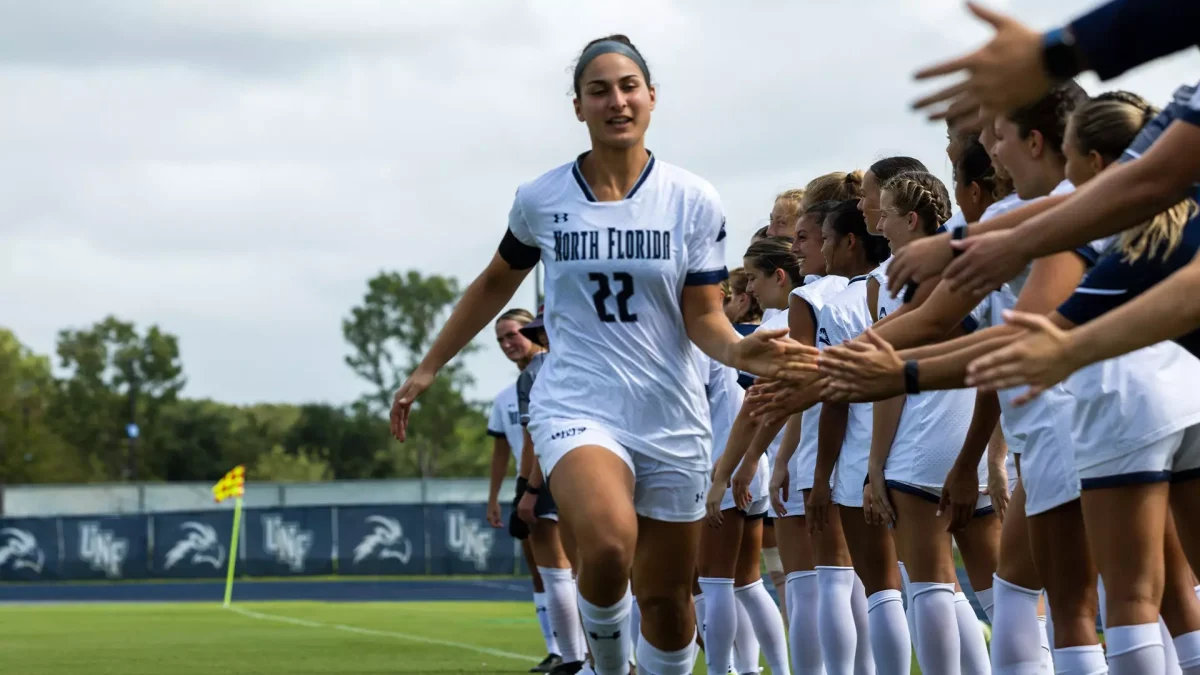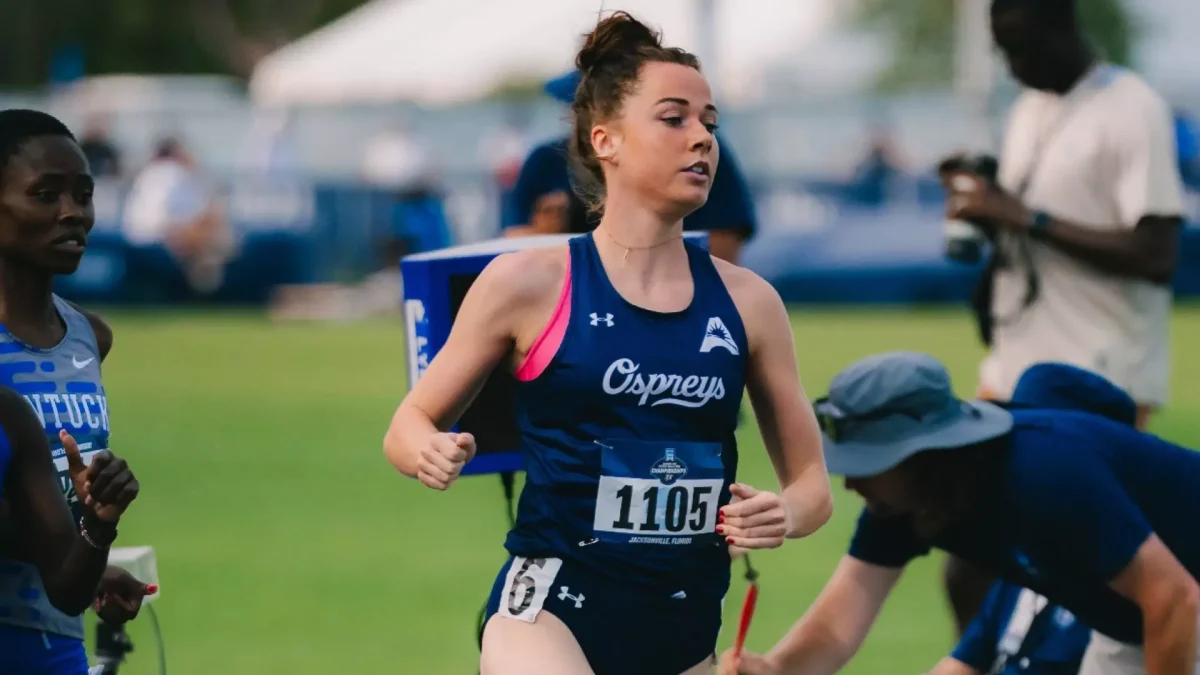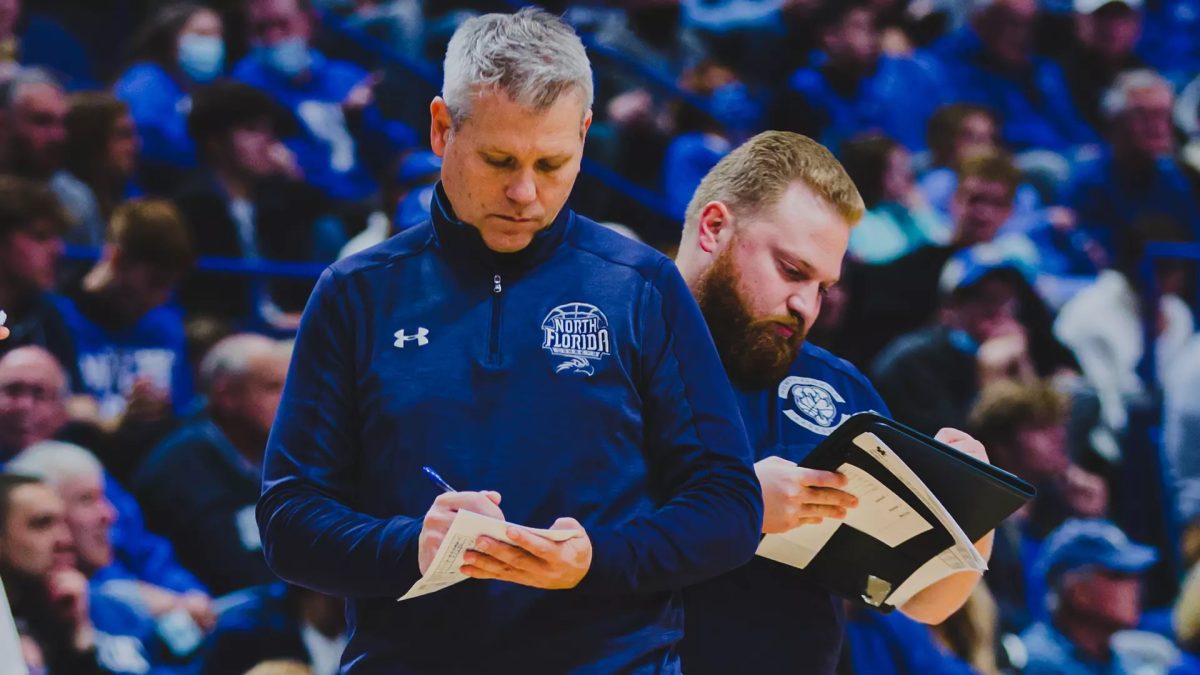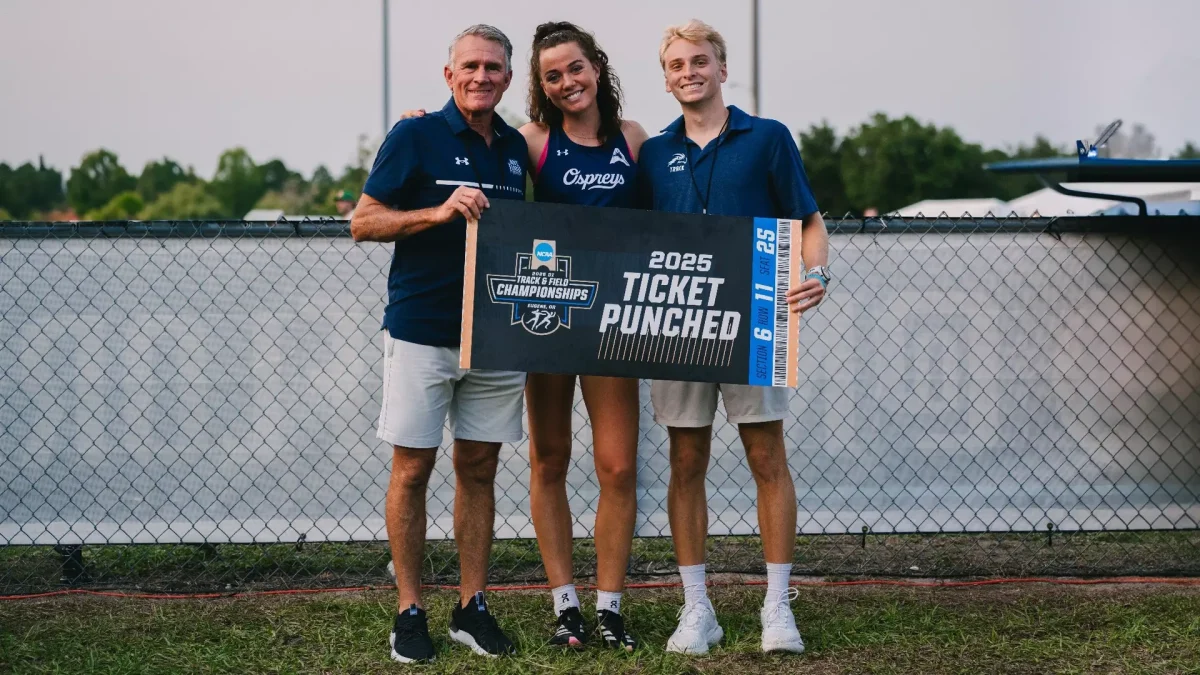By Maggie Seppi, Staff Writer
We see people in uniform on a daily basis, on and off campus. But do you ever consider what they’ve been through? What they think about being back in the States? Or why they even joined in the first place?
Rose Morisseau joined the Navy in October 2001. Her first duty was boot camp. Following that, she was a boatswain mate, the oldest rank in the military.
Morisseau, a UNF psychology senior, was stationed on the Kennedy fleet in Jacksonville, and her mission on board was “Enduring Freedom.”
Morisseau was deployed at the beginning of February 2001 and returned in August of the same year — six months on tour, nearly all of which she spent at sea. In that span, Morisseau patrolled the part of the Mediterranean Sea surrounding Afghanistan and Iraq, she said.
“We are the target the enemy really wants to hit,” Morisseau said. “Our carrier is bigger, and it’s more to accommodate us when we pull in, in terms of security and things.”
Morisseau, a widow, said her deceased husband’s younger brother suggested joining the Army, but Morisseau wasn’t hooked at first. 9/11, she said, solidified her decision to join the Navy.
As a boatswain mate, Morisseau was responsible for the interior and exterior of the ship. Her rate entails a fair amount of manual labor, she said.
“When the ship is anchored in, we are the ones you see in the front and back tying it up,” Morisseau said. “It’s one of the hardest rates.”
She stressed the necessity of unceasingly watching the water at all times. It’s like a floating city; if a target hits them, that’s it, she said.
Morisseau was also in charge of distributing food, taking on fuel and occassionally steering the ship.
“[Boatswains] have like 10-15 other people under them, so I’m responsible for not only my own workload but also for the lives and responsibilities of others,” she said.
Morisseau said, regardless of her struggles, she was happy to serve in the Navy.
Though she had to leave her daughter, who was 1 year old at the time, she said she wouldn’t change anything.
As a civilian, Morisseau said she’s learned to appreciate the little things. Morisseau said even washing her own laundry instead of doing it with others, cooking her own meals and, most of all, getting to see land are treats.
“Everything’s changed. You no longer look at life through the same scope,” Morisseau said. “The training is intense. So once you’ve actually accomplished that, if you didn’t have self-esteem or self-worth before, you do now.”
As rewarding as returning can be, Morisseau said the transition from the Navy to civilian life is difficult. In the Navy, she said she had a network and a community — civilian life is more focused on the individual.
She said people grow up in in the Navy. When someone gets out, they could be 22 or 23 years old, but they aren’t like average 22- or 23-year-olds.
Morisseau spent four years in the Navy. Upon earning her degree, she said she hopes to work with children, specifically in the prison system.
She doesn’t agree with waiting until children are grown and in prison to rehabilitate them, she said, preferring the use of behavior modifications to catch them before life on the streets takes over.
Morisseau mirrors values she learned in the Navy by running a tight ship at home. She and her fiancé also have a daughter of their own. Both of her daughters attend private school, where they are on the A-B honor roll, play instruments and practice karate, Morisseau said.
Morisseau said Jacksonville is especially welcoming to all service members. Outside the area, however, folks haven’t appeared as welcoming, she said.
In 2004, Morisseau joined the reserve and she doesn’t plan to return to service anytime soon.
She works as a UNF student assistant in the UNF Military and Veterans Resource Center. Morisseau helps the transition coach, whose goal is to bridge the gap between military life and civilian life. She also assists in processing paperwork and organizing a just-for-veterans orientation offered at UNF.
“[The center] is like a home away from home,” she said. “Without this place, I don’t think my experience at UNF would have been the same.”
Email Maggie Seppi at staff2@unfspinnaker.com.



